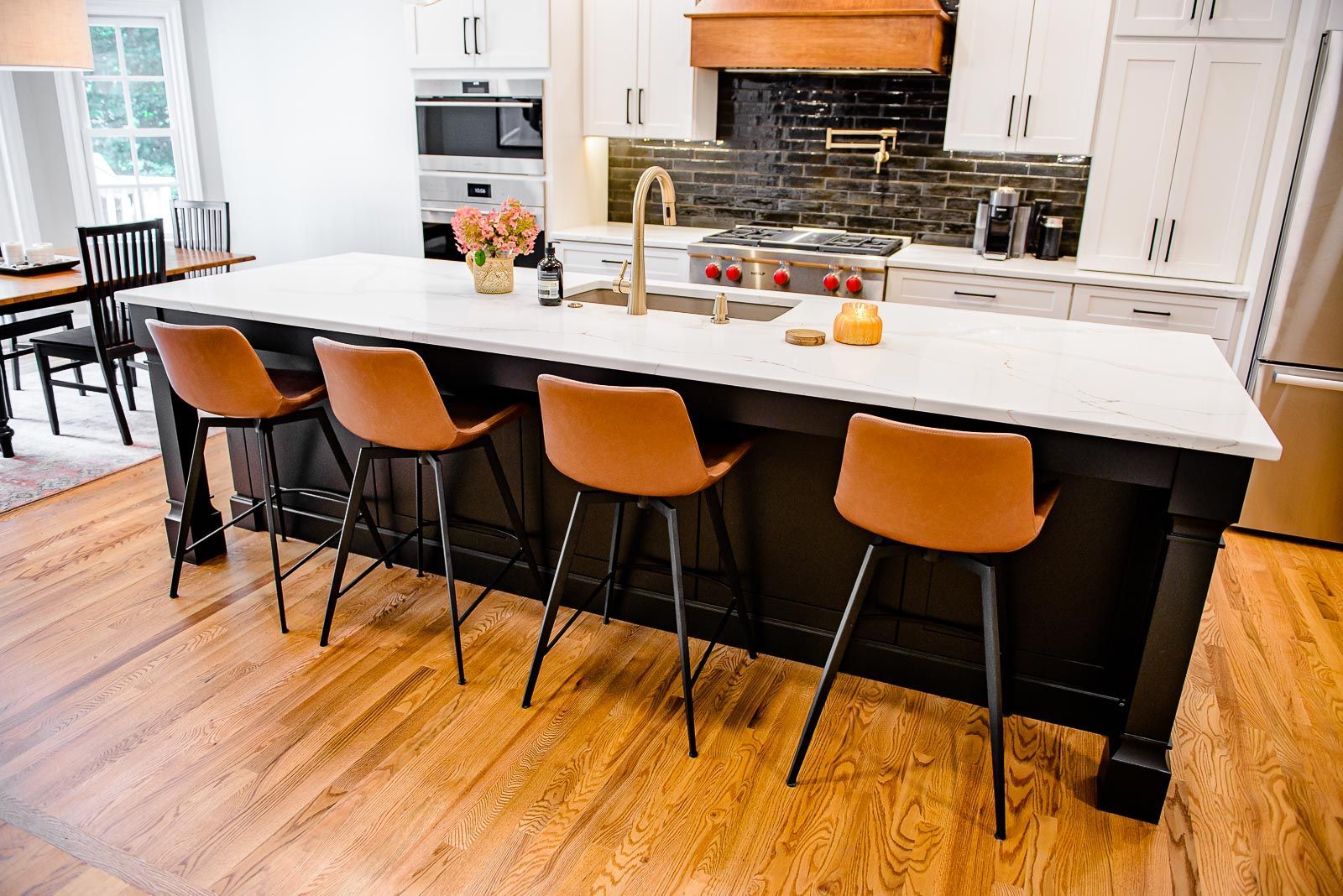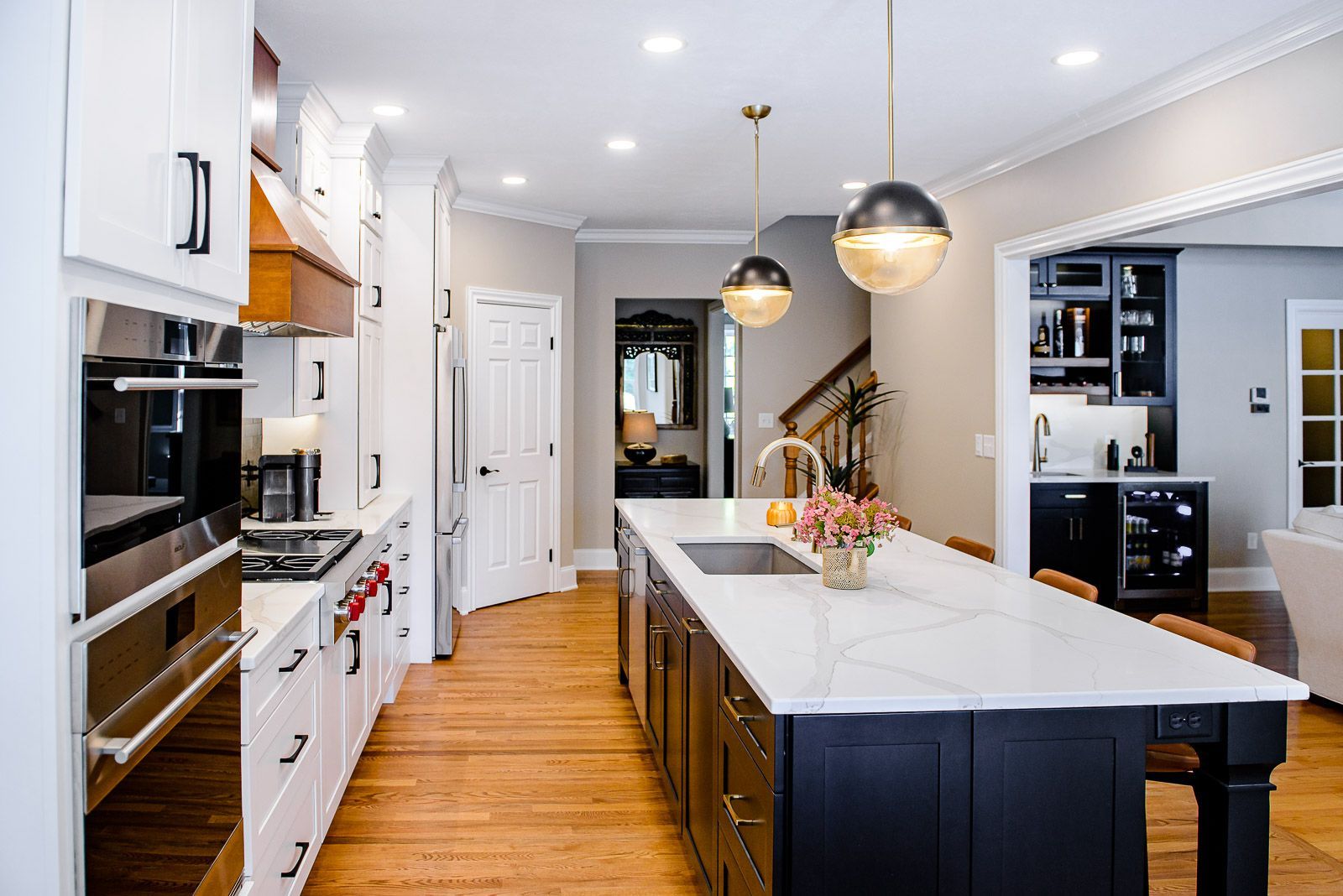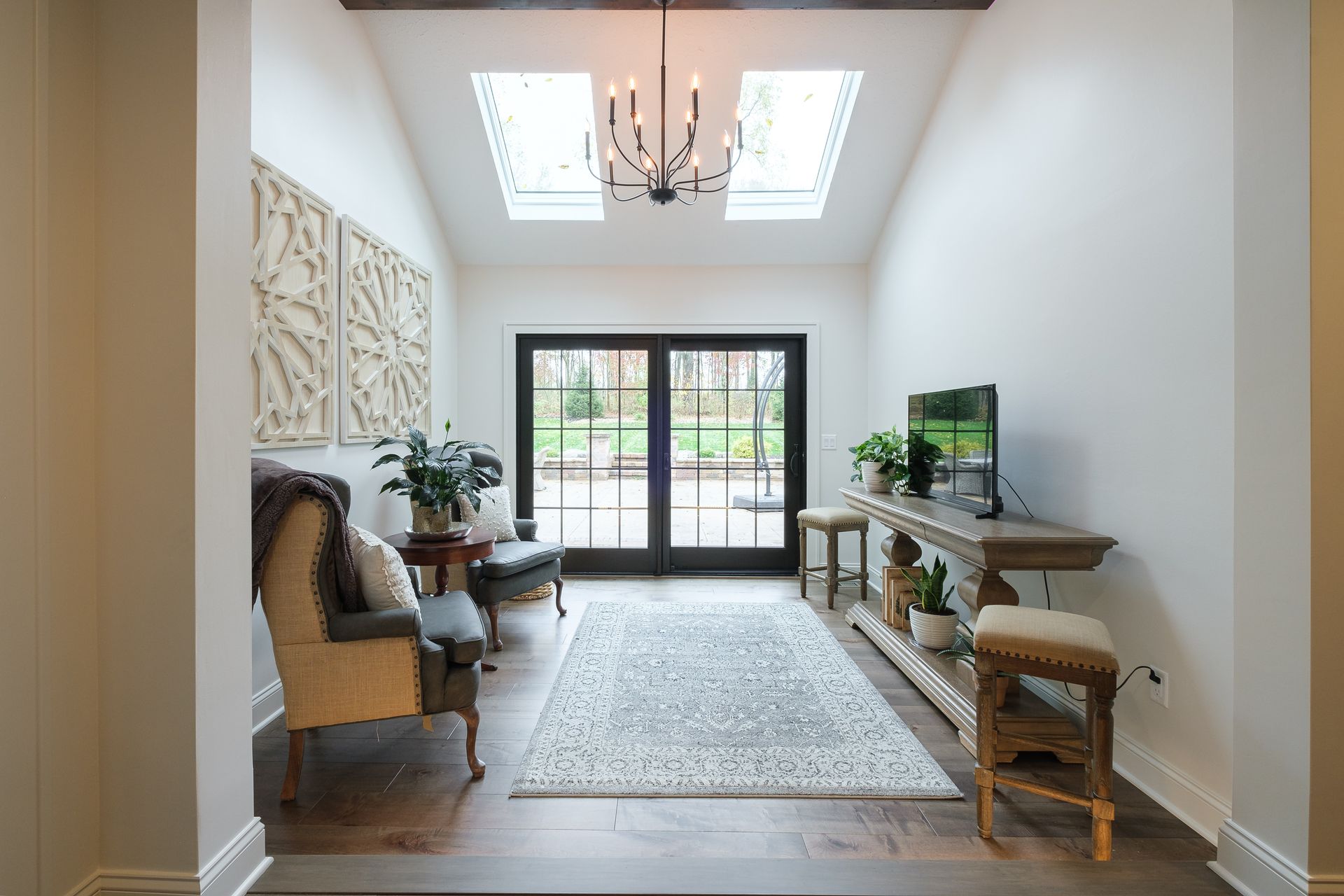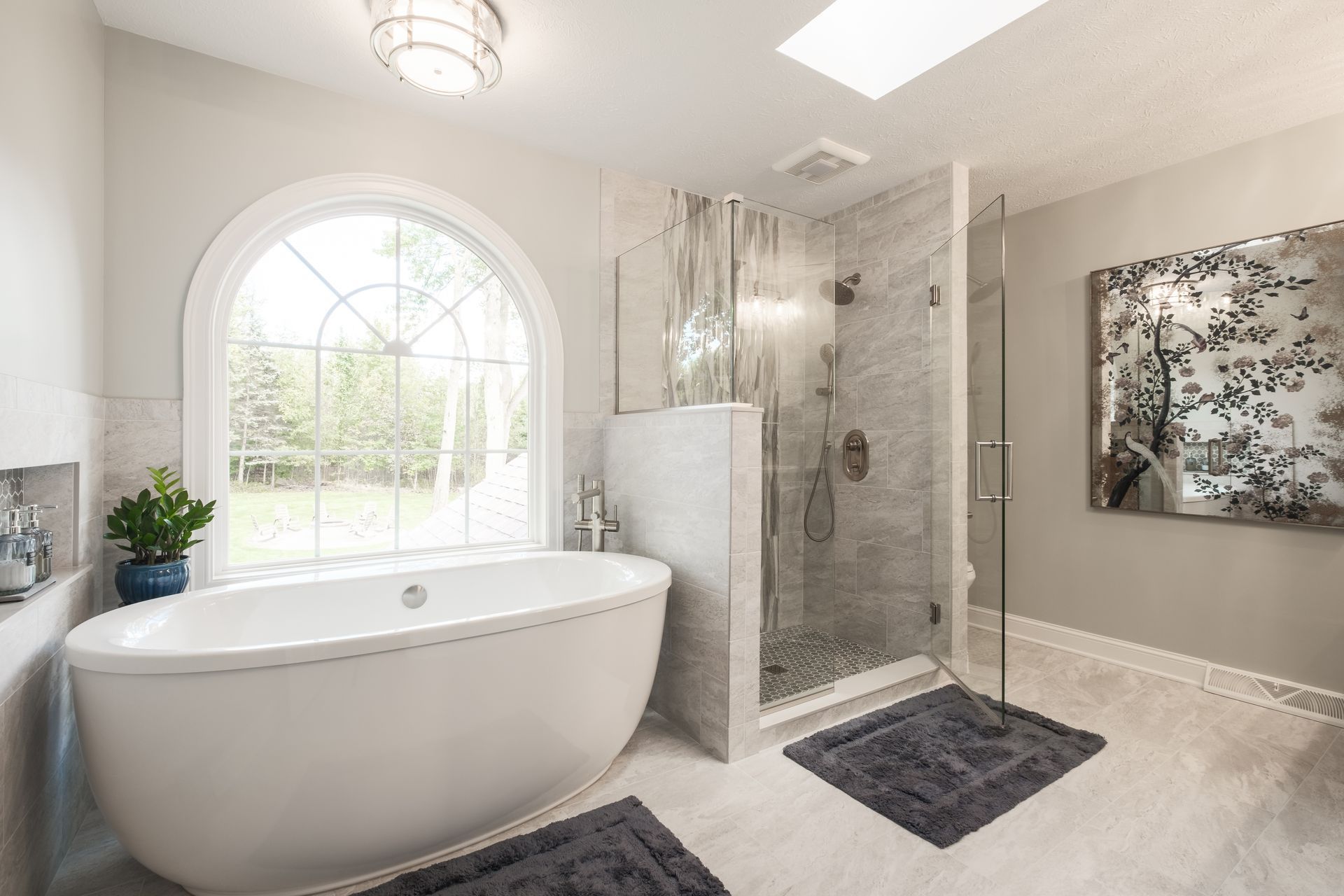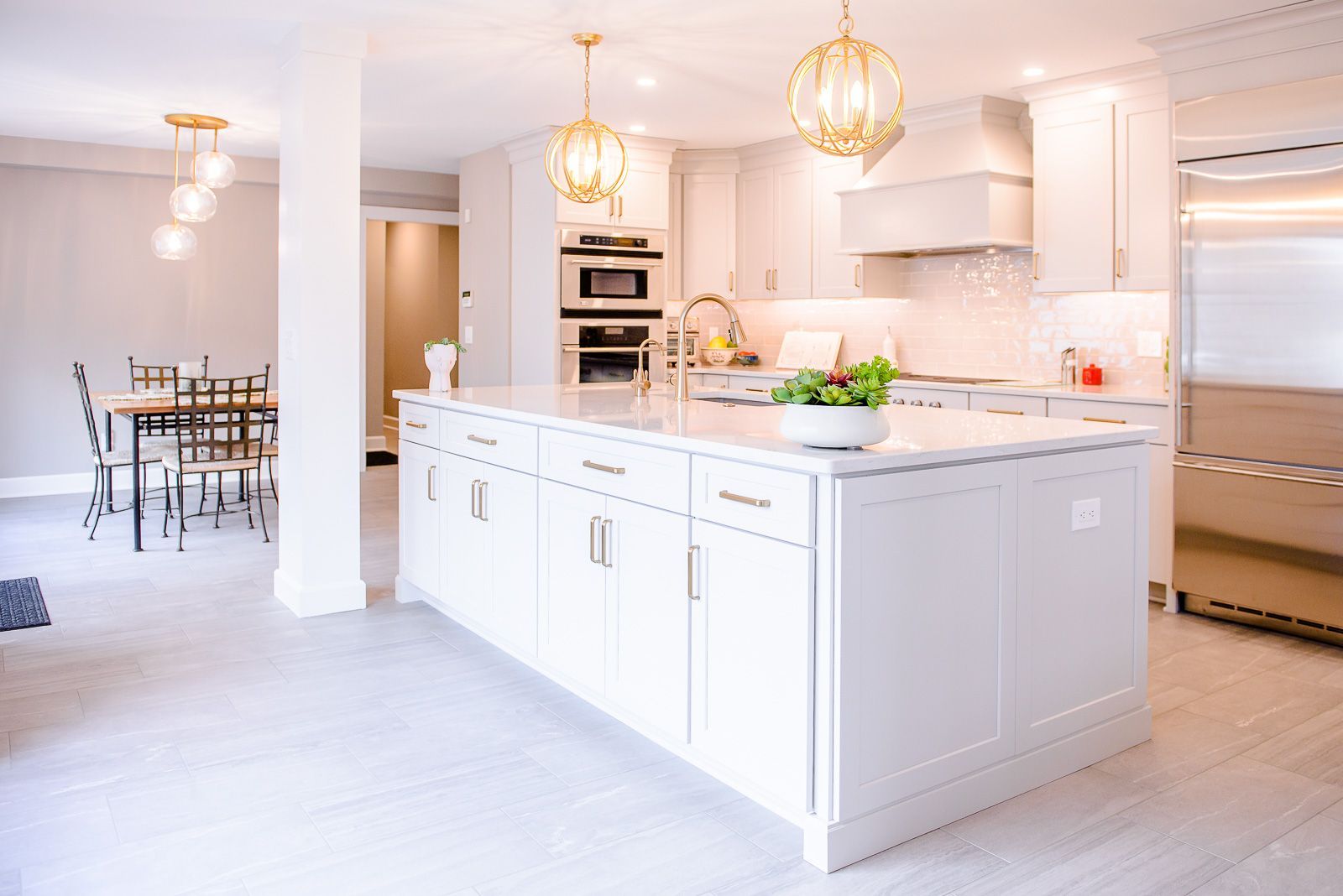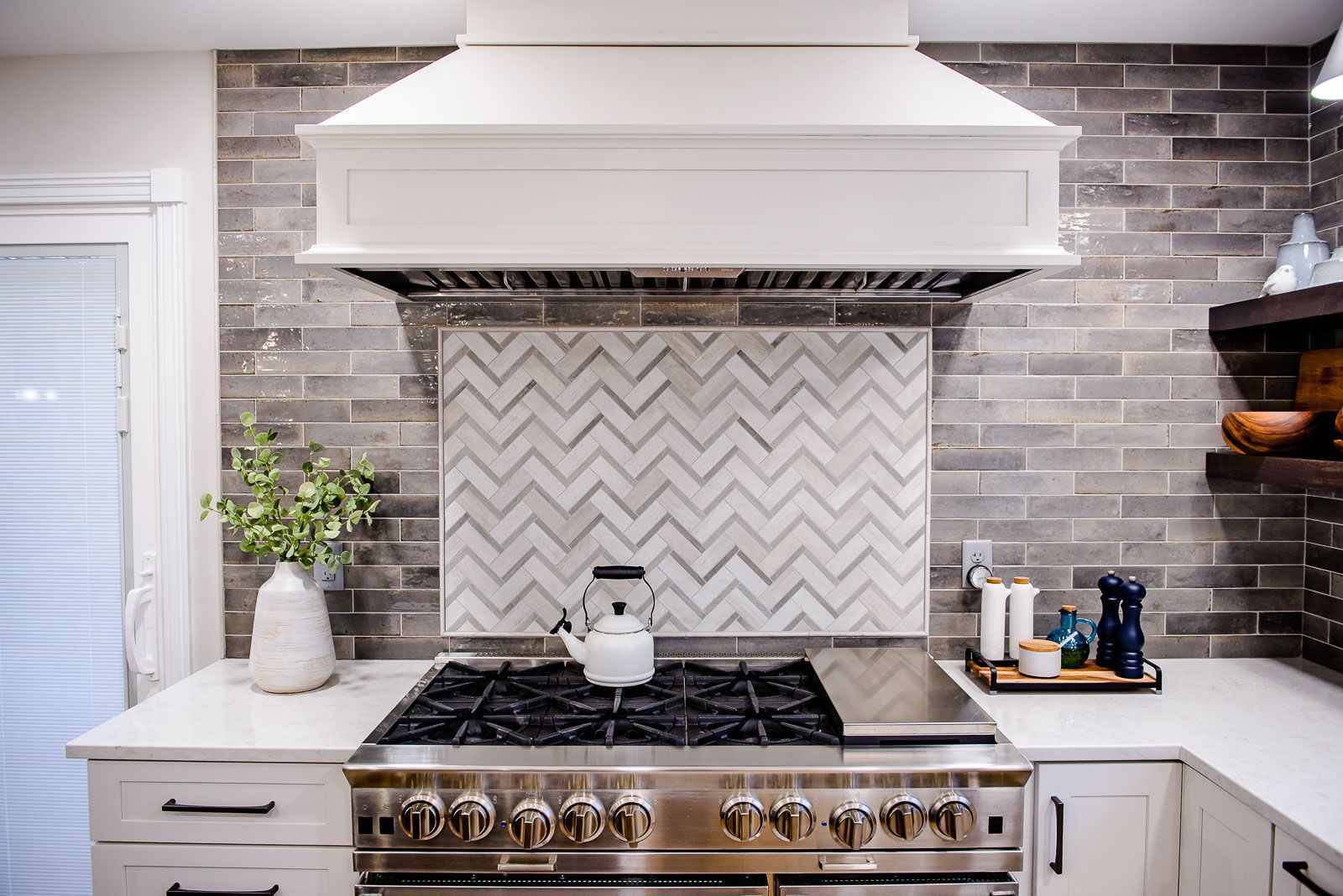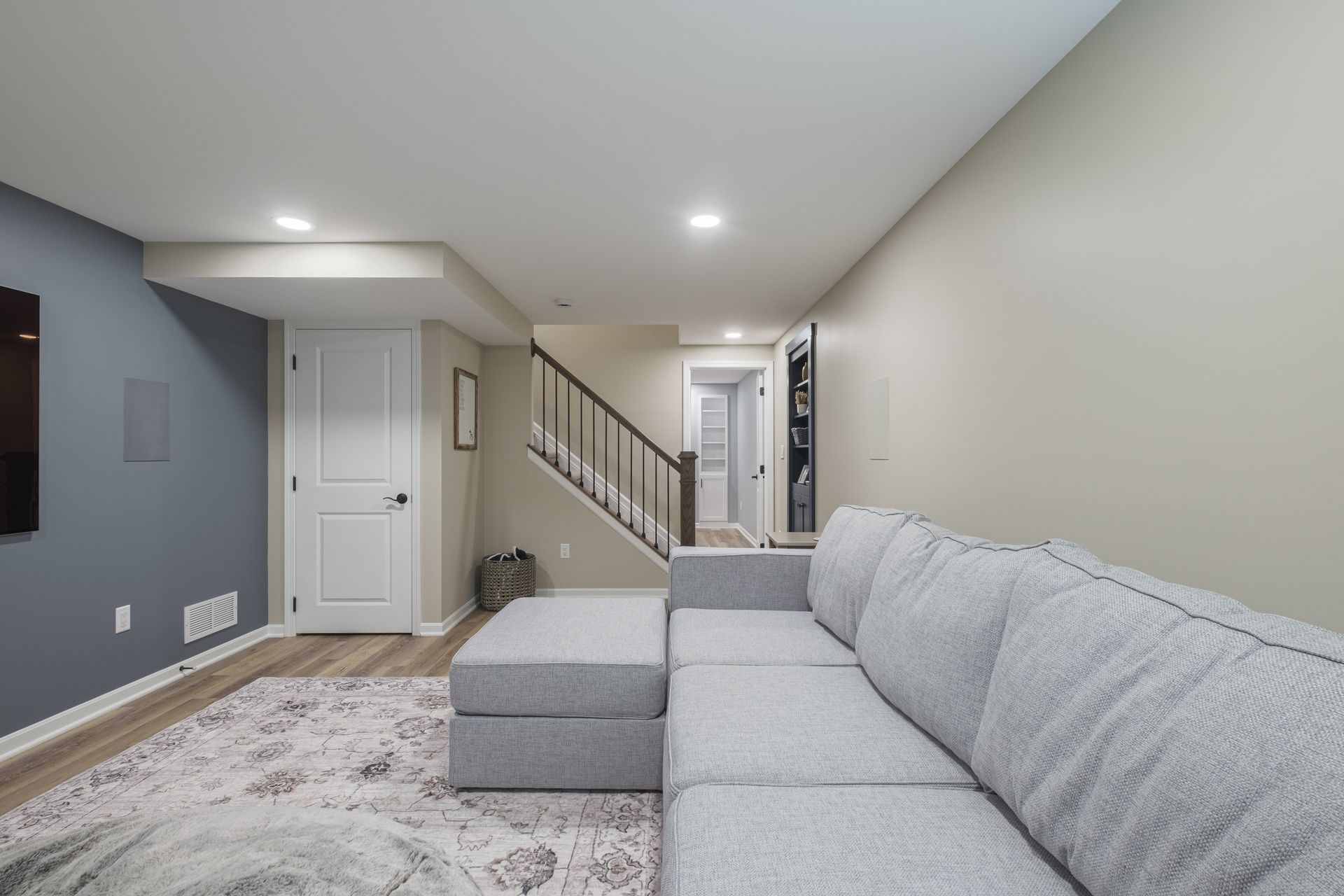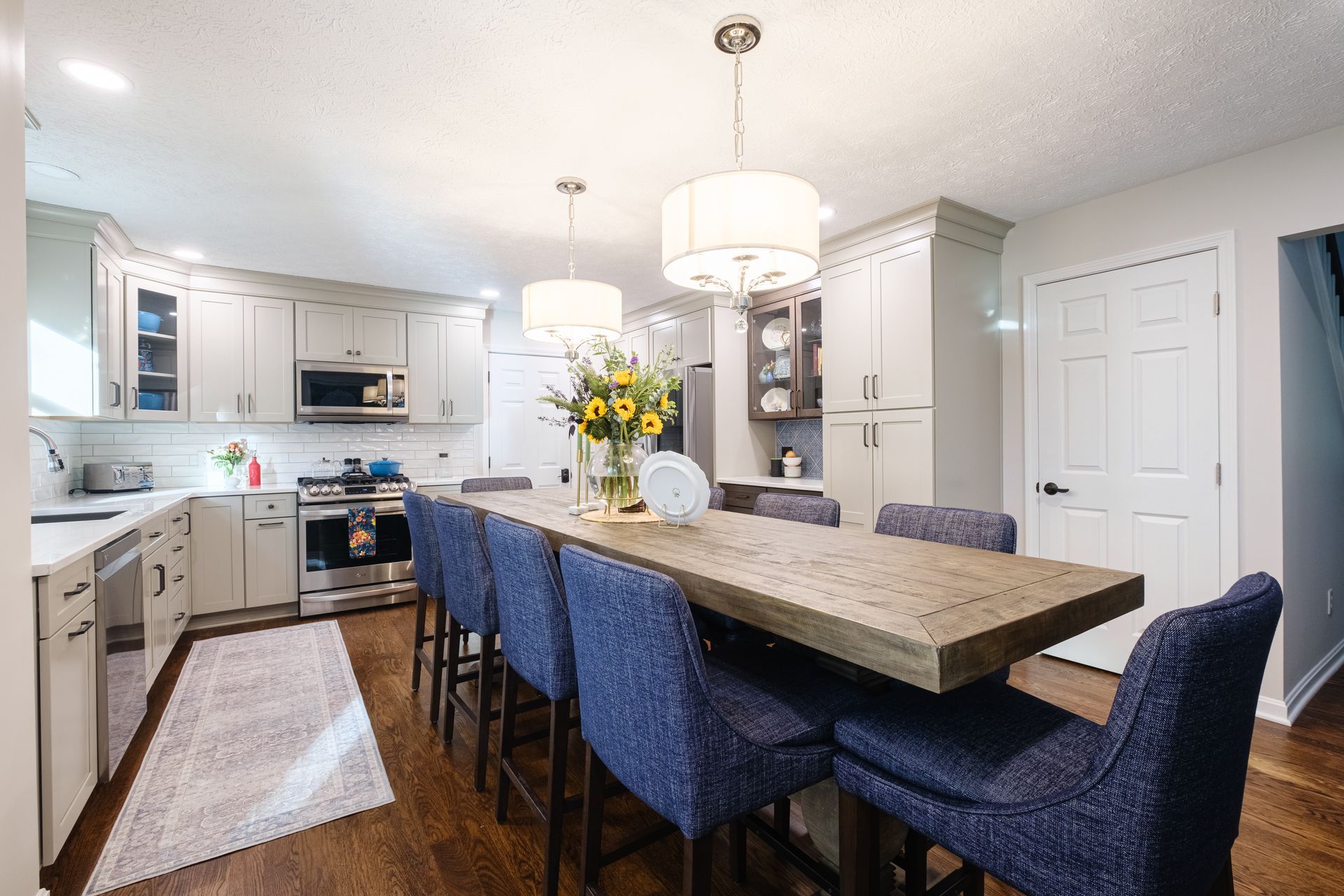Introduction
In the world of remodeling and interior design, countertops play a pivotal role in both functionality and aesthetics. When homeowners embark on kitchen or bathroom renovations, they often find themselves torn between two popular options: granite and quartz. These two countertop materials have unique characteristics and benefits that cater to different preferences and requirements. This article delves into the key distinctions between granite and quartz, highlighting their essential properties, durability, appearance, maintenance, and cost to help those in the remodeling industry make informed decisions for their clients.
Key Characteristics of Granite
Granite, a natural stone, is renowned for its distinct and timeless beauty. In the remodeling industry, this material is often a top choice for homeowners seeking a classic, elegant look for their kitchen or bathroom countertops.
- Origin: Granite is an igneous rock that forms deep within the Earth's crust. It's extracted from quarries in various regions globally, including Brazil, India, and the United States.
- Appearance: Granite boasts a unique, one-of-a-kind appearance with its natural variations in color and patterns. It offers a wide range of colors, from speckled whites and blacks to dramatic blues and greens. This variability allows for customization and personalization to complement any design scheme.
- Durability: Granite is exceptionally durable, highly resistant to scratches, heat, and chipping. It is a great choice for busy kitchens, where it can withstand heavy use and still maintain its luster.
- Maintenance: Granite countertops require sealing to protect against staining. While the sealing process is relatively simple, it's essential to be aware of it as part of routine maintenance.
- Cost: Granite countertops are available in a range of price points. The cost depends on factors such as the type of granite, its rarity, and the complexity of the installation. Generally, granite tends to be on the higher end of the cost spectrum compared to other countertop materials.
Key Characteristics of Quartz
Quartz countertops are engineered stone surfaces that have rapidly gained popularity in the remodeling industry due to their versatility, consistency, and low-maintenance qualities.
- Origin: Unlike granite, which is a natural stone, quartz countertops are man-made. They are created by combining 90-95% crushed natural quartz with resins, polymers, and pigments.
- Appearance: Quartz countertops are known for their uniform and consistent appearance. They come in an extensive array of colors and patterns, mimicking the look of natural stone or even solid colors. This consistency makes it easier for homeowners and designers to select a specific look.
- Durability: Quartz countertops are non-porous, which means they are highly resistant to stains and are not prone to harboring bacteria or other pathogens. They are also scratch and chip resistant, making them ideal for households with young children or frequent cooks.
- Maintenance: One of the major advantages of quartz countertops is their minimal maintenance requirements. They do not need sealing, and cleaning them is as simple as using mild soap and water.
- Cost: The cost of quartz countertops varies depending on the brand, design, and other factors, but they often fall within a similar price range to mid-to-high-end granite. The consistent appearance and low maintenance may justify the investment for many homeowners.
Key Differences
Now that we've covered the key characteristics of granite and quartz, let's delve into the differences between these two popular countertop materials:
- Appearance: Granite offers a unique, natural appearance with variations in color and pattern, making it perfect for those who appreciate the beauty of imperfections. On the other hand, quartz provides a consistent and controlled appearance, ideal for homeowners who want a more uniform, contemporary look.
- Durability: While both materials are durable, quartz may have a slight edge when it comes to stain resistance due to its non-porous nature. However, granite is more heat-resistant and less prone to chipping.
- Maintenance: Quartz wins in the maintenance department. Its non-porous surface eliminates the need for sealing, making it easier to clean and maintain. Granite, while not overly demanding, requires periodic sealing to prevent staining.
- Customization: Granite allows for greater customization due to its natural variations. Clients can hand-pick slabs to achieve a unique and personalized look. Quartz, with its engineered nature, offers a wide array of pre-designed options but lacks the same level of natural individuality.
- Environmental Impact: Quartz production involves mining natural quartz, but the use of recycled materials and environmentally friendly resins has made it a more eco-conscious choice. Granite, as a natural stone, involves quarrying and has a larger environmental footprint.
- Cost and Budget:
The cost of both granite and quartz countertops can vary widely. In general, they fall within similar price ranges, but specific choices within each category can significantly impact the cost. For homeowners working with tight budgets, it's essential to consider not only the upfront cost but also long-term maintenance expenses.
Conclusion
In the world of remodeling and interior design, choosing between granite and quartz countertops is a significant decision. Both materials offer unique characteristics and benefits that cater to different tastes, lifestyles, and design preferences. Understanding the key differences in terms of appearance, durability, maintenance, customization, environmental impact, and cost is crucial for making informed choices on behalf of clients in the remodeling industry.
Ultimately, the decision between granite and quartz comes down to the homeowner's priorities and requirements. If they appreciate the beauty of natural imperfections and are willing to perform regular maintenance, granite may be the right choice. For those seeking low-maintenance and consistency in appearance, quartz offers an appealing alternative. By weighing these factors and collaborating closely with clients, remodeling professionals can help homeowners select the perfect countertop material to transform their living spaces into beautiful, functional, and inviting areas.
Recent Posts
